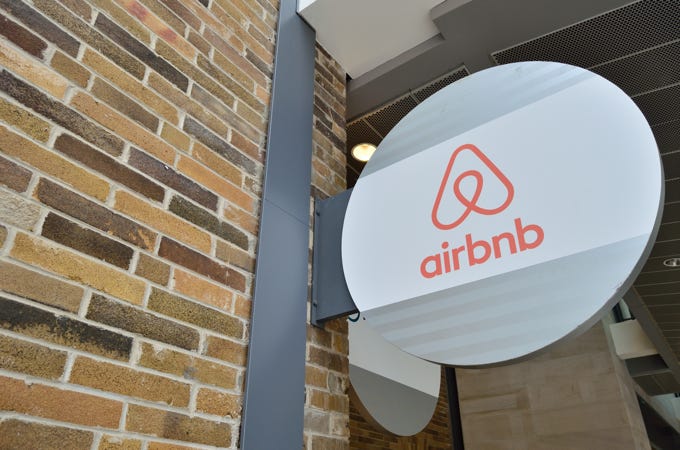
RASHI, RAMBAM and RAMALAMADINGDONG
A Quizbook of Jewish Trivia Facts & Fun

A Quizbook of Jewish Trivia Facts & Fun
Since Russia invaded Ukraine, Airbnb users have booked rooms in Ukraine with a value of more than $2 million. This represents more than 60,000 nights of rental of Ukrainian houses, apartments and guest rooms. Yet none of the renters will be staying in those dwellings. In fact, these rentals are a way that people all over the world are funneling donations to Ukrainians who in normal times would be renting out their properties. And to assist in this effort Airbnb is waiving all guest and host fees for these unusual rentals. One renter shared the online conversation she had with her Ukrainian “host,” who wrote, “The world is not without good people. Now I have tears in my eyes and I cry with happiness in the first of these terrible days. Thank you very much. I will be happy to hug you when we meet in peacetime.” Airbnb was involved in a different action in 2018, leading to criticism by some in the Jewish world. What was the incident that led to criticism of the corporation?

A. Airbnb was criticized when it was learned that property renters in some Arab nations, including Saudi Arabia and Bahrain, were allowed to refuse rentals to Jews. The renters stated that since Israel did not have diplomatic relations with their governments, they should be allowed to make that choice. But the company was criticized for letting these renters violate the company’s terms of agreement, which forbid any religious discrimination. Airbnb officials apologized for their error, but did confirm that renters in these countries could refuse Israelis as opposed to Jews.
B. Airbnb banned the rental of Jewish-owned properties in the West Bank, but not properties owned by Palestinians. A company statement read, “Many in the global community have stated that companies should not do business here because they believe companies should not profit on lands where people have been displaced.” Yet there were no such restrictions in other areas of occupied or disputed land, such as in Russian-occupied Ukraine.
C. Airbnb allowed Orthodox Jews to charge triple the standard cleaning fee, which property owners said was to re-kosher their kitchens after guests departed, as they could not be sure the renters followed the rules of kashrut. But this charge violated the normal terms of agreement between renters and the corporation, which limits the amount that can be charged for cleaning. A company official stated that “we erred in viewing this type of cleaning as within the bounds of our 5-step enhanced cleaning process and we will refund any customers who were charged these extra fees.”
D. Following a period of heightened tension between Israelis and the Palestinians in Gaza, Airbnb temporarily allowed Israeli Jews not to rent to Israeli Arabs and vice versa. While the company claimed that it was being sensitive to the current political situation, many Israeli Arabs and Jews protested that the decision fed into prejudices, rather than lowering tension. And there was no similar policy in other areas of religious conflict, such as rentals between Hindus and Muslims in India.
E. Airbnb was criticized by leaders of a number of synagogues in New York City when it was learned that synagogue members had rented out their valuable High Holiday seats through the company’s website. One listing read, “Comfortable rental for 4. Prime location within walking distance of the bima. Central air and heat, street parking, wifi, smoke alarms, dedicated prayerspace and security camera on premises.” Many synagogues were not aware of these rentals until after services ended, when cleaning crews showed up and began wiping down specific pews and prayer books where the renters had sat during services.
✡ ✡ ✡ ✡ ✡ ✡ ✡ ✡ ✡
© 2024 MMJZ Services, Inc.